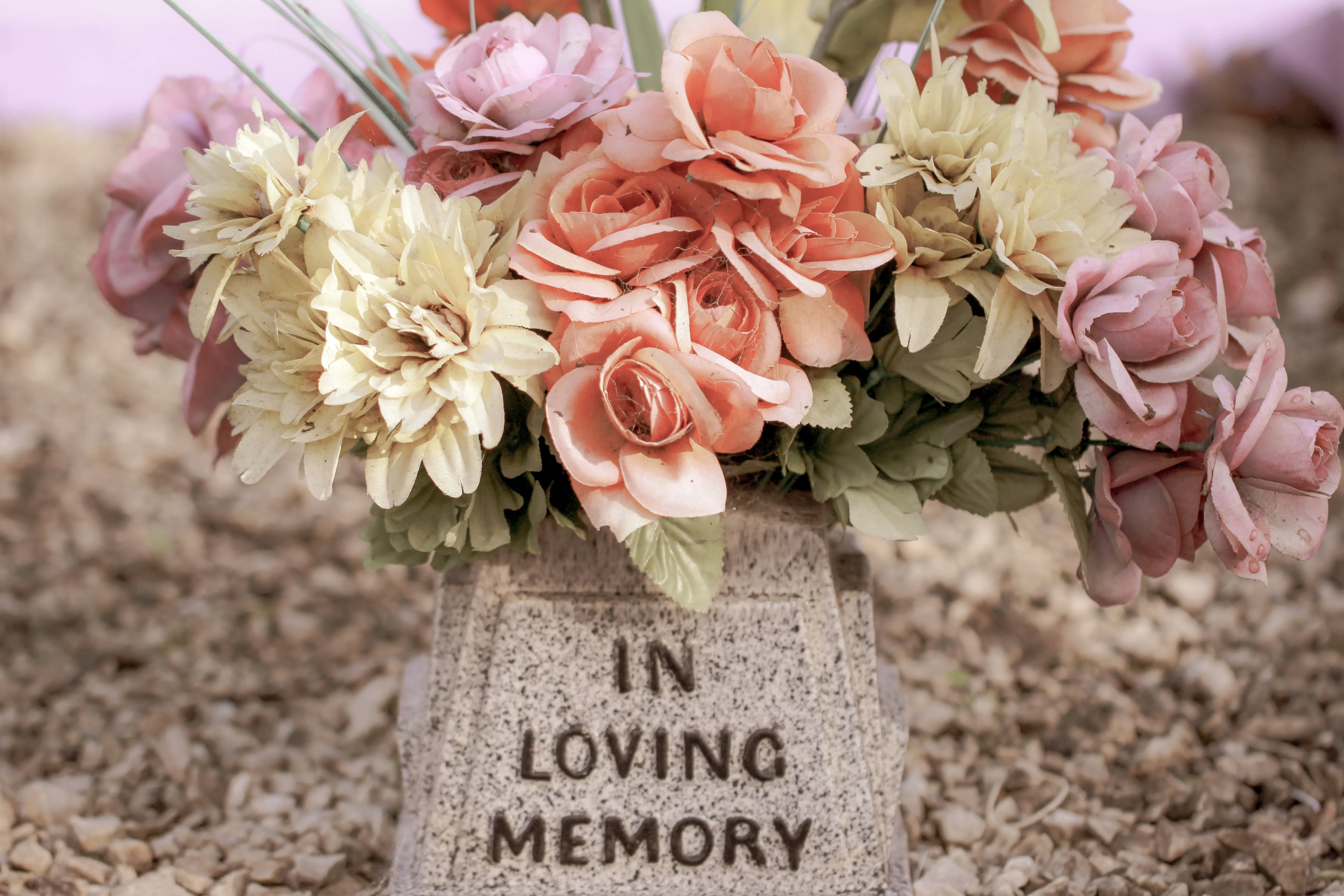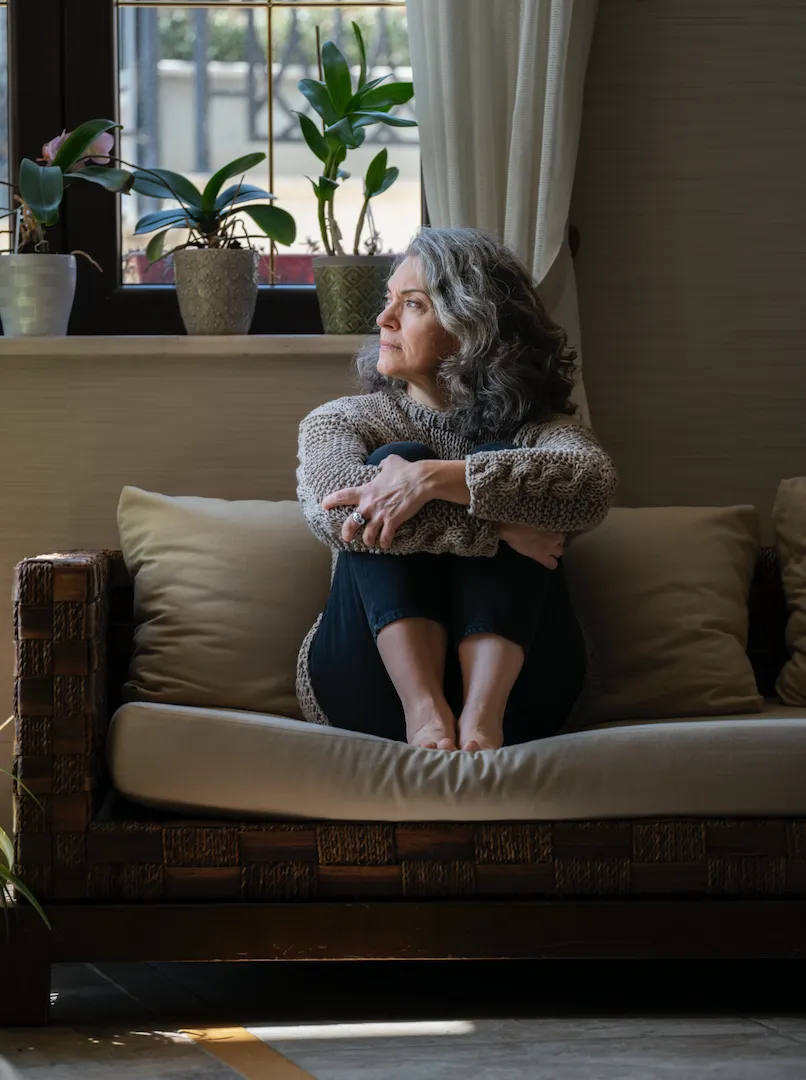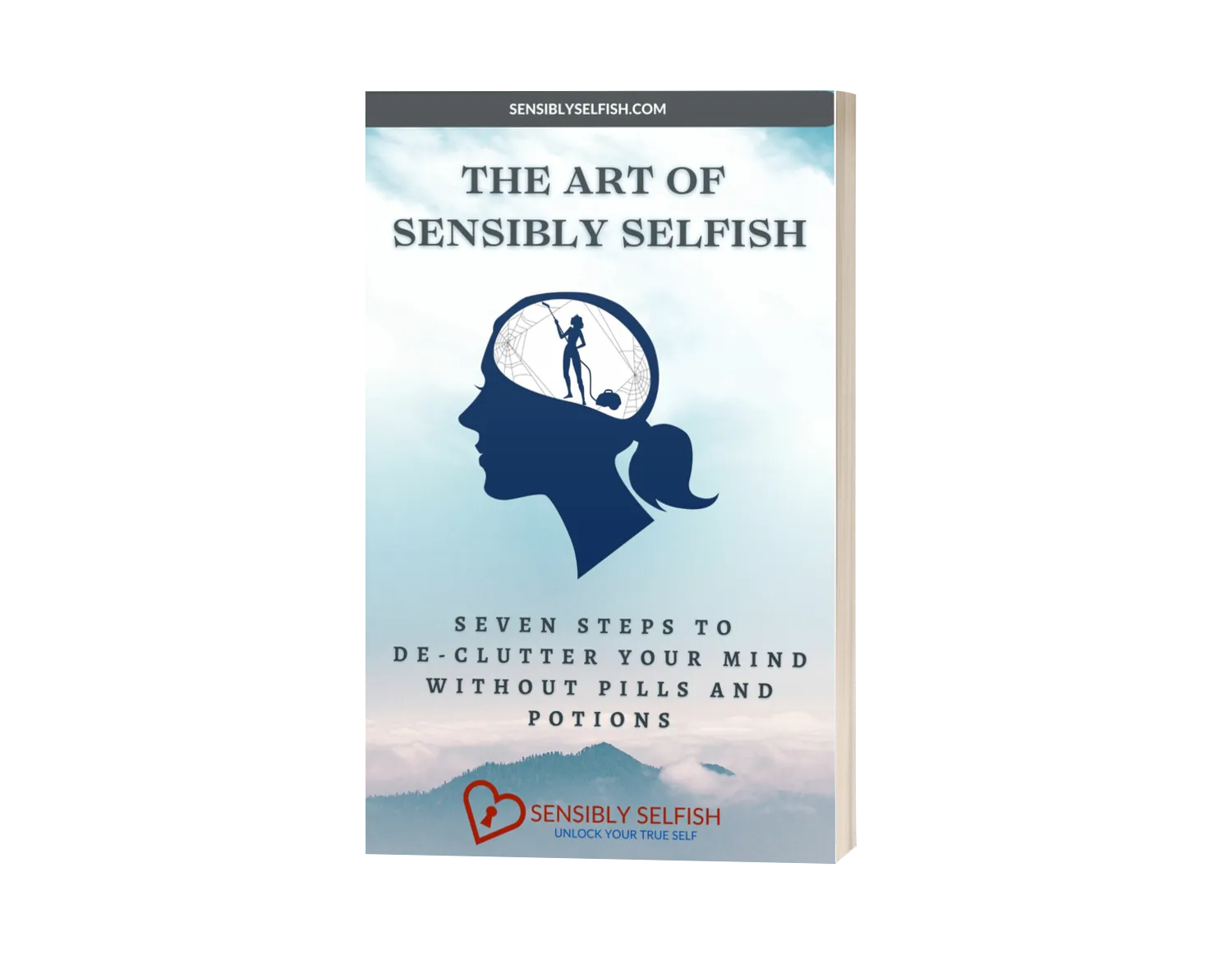Understanding End-Of-Life Planning
A Guide to Securing Your Legacy
[Toc]

The Taboo of Death
Death is a taboo topic in the Western world, possibly due to cultural norms emphasizing youthfulness and longevity. Additionally, the focus on individualism and self-reliance may contribute to the reluctance to address mortality and end-of-life planning openly. Society often associates discussions about death with fear and discomfort, leading to avoidance of the subject. Yet there is one thing guaranteed about being human, we all die.
Facing the topic of end-of-life (EOL) planning can feel overwhelming, but it is an essential aspect of securing your legacy and ensuring your final wishes are honored. Securing your legacy allows you to have control over how your assets and possessions are distributed after your passing, ensuring your wishes are honored.
By engaging in end-of-life planning, you provide your loved ones with clarity and guidance during an emotionally challenging time, alleviating potential conflicts and reducing the burden on them. Moreover, securing your legacy enables you to leave a lasting impact on future generations, preserving your values, wisdom, and memories for years to come.

Lyn's Story
Lyn's heart weighed heavy with grief as she bid farewell to her beloved father. Amidst the sorrow, a glimmer of relief sparkled through her tears. Her father had meticulously sorted all his paperwork, leaving her with a precious gift - time to grieve. Grateful for his foresight, Lyn felt inspired to follow in his footsteps. With determination, she organized her own legacy, ensuring her kids would find comfort and ease when her time came. Embracing her father's wisdom, Lyn now cherished every moment, knowing that by securing her affairs, she was leaving behind a legacy of love and care for the ones she held dear.
End-Of-Life Areas to Consider
While the subject may be uncomfortable to broach, taking the time to create a comprehensive end-of-life plan is an act of love and responsibility toward yourself and your loved ones. In this blog post, we will explore the different components of end-of-life planning, empowering you to make informed decisions that reflect your values and beliefs.
Each of the areas mentioned below is important on its own. Take time to consider each section thoroughly in whatever order you wish.
Assessing Your Assets and Finances
Begin your end-of-life planning journey by carefully examining your assets and finances. Having a clear understanding of your financial situation will help you make informed decisions about how to distribute your assets and resources. Consider seeking professional advice from a financial planner or estate attorney to ensure your financial affairs are in order and your wishes are documented in a legally binding manner.

Crafting Your Will with Precision
Your will is a critical document that outlines how you want your assets and possessions distributed after your passing. To create a precise and comprehensive will, consider enlisting the services of an experienced estate attorney. A well-crafted will ensures that your assets are distributed according to your wishes, minimizing potential disputes among your beneficiaries.
Understanding Advance Directives
Advance directives are legal documents that allow you to communicate your healthcare decisions if you become unable to do so in the future. They include a living will, a healthcare proxy, and a do-not-resuscitate (DNR) order. Understanding advance directives is vital, as they provide clarity on your preferred medical treatments and ensure your healthcare wishes are respected.
Appointing a Healthcare Proxy
Selecting a healthcare proxy is an essential part of your end-of-life plan. This individual will act as your advocate and make medical decisions on your behalf if you are unable to communicate. Choose someone who understands your values and is willing to honor your healthcare preferences.
Communicating Your Wishes with Loved Ones
Open communication with your loved ones about your end-of-life plans is crucial to ensure that everyone is aware of your desires. Having candid conversations about your decisions can help alleviate stress and potential conflicts during emotionally challenging times. While it may be difficult to broach the topic, an empathetic and honest approach can foster understanding and support.

Exploring Funeral and Memorial Arrangements
Take the time to consider your funeral and memorial arrangements. Whether you prefer a traditional funeral service or a more personalized memorial celebration, conveying your preferences can provide peace of mind to your loved ones and ensure your wishes are honored.
Donating Your Body to Science
For individuals who wish to leave a lasting impact on medical research, donating their body to science can be a meaningful option. Before making this decision, research whether your body will be suitable to leave, find reputable organizations, and discuss your intentions with your loved ones.
Safeguarding Important Documents
As you compile your end-of-life plan, make sure to safeguard all essential documents, such as your will, advance directives, and insurance policies. For example in a portable firewall safe. Inform your chosen healthcare proxy, family members, or a trusted individual of the location of these documents to ensure they can be easily accessed when needed.
Reviewing and Updating Your Plan
End-of-life planning is not a one-time task; it requires periodic reviews and updates. Life circumstances change, and your preferences may evolve over time. There is a wealth of organizations available that can help you with the task, you do not have to do it alone. Regularly review your plan and make necessary adjustments to reflect your current wishes and circumstances.

There is No Time Like Now
End-of-life planning is a thoughtful and compassionate act that allows you to secure your legacy and ease the burden on your loved ones during challenging times. By assessing your finances, crafting a precise will, understanding advance directives, and communicating your wishes openly, you can create a comprehensive end-of-life plan that reflects your values and beliefs. This process is a journey, and it is essential to begin now (after all we are not guaranteed tomorrow) and then review and update your plan regularly to ensure it remains relevant to your evolving needs and desires.
If you would like to reach out and discuss the contents of this blog further use the contact button below.









